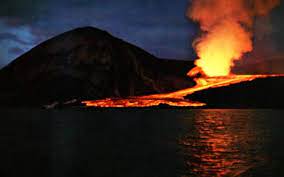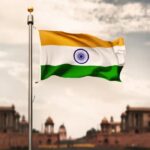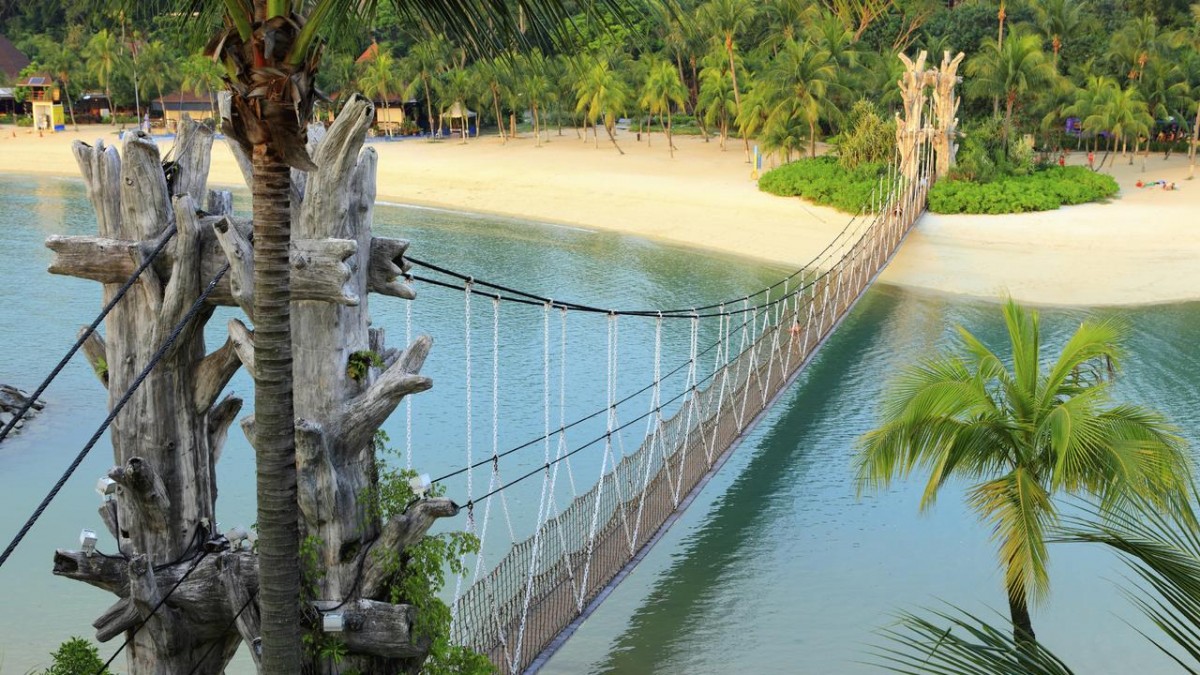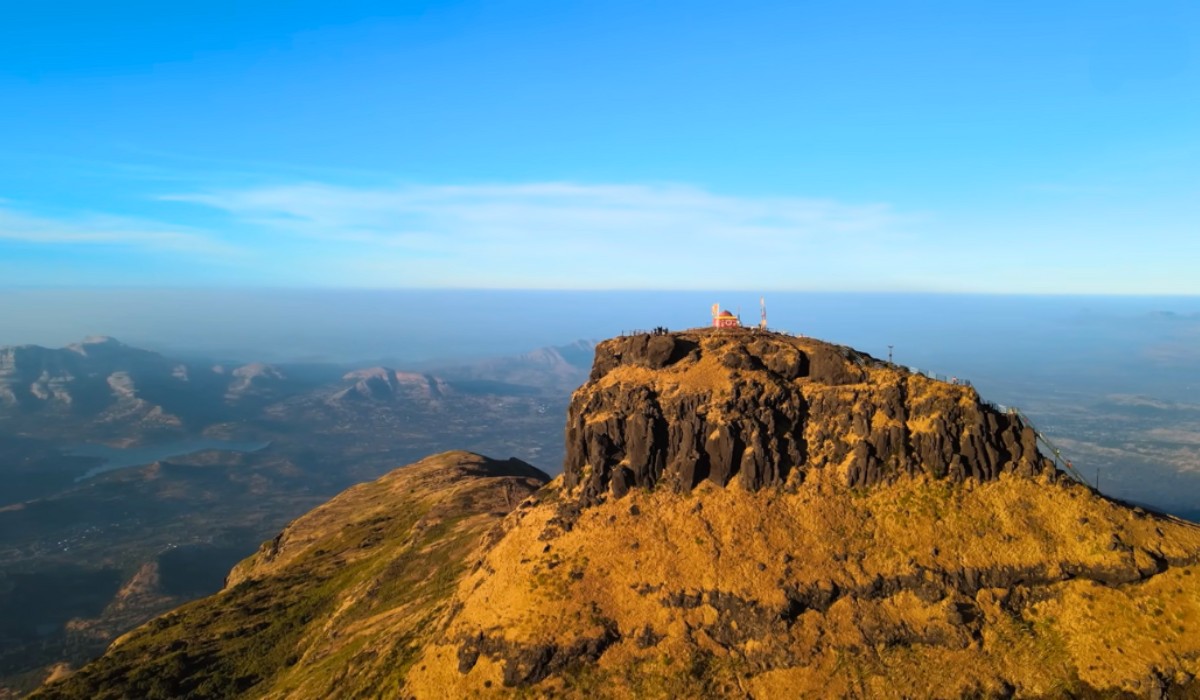the world’s most unexplored places
There are a handful of places around the world that are largely untouched or uninhabited. Although researchers have explored some parts of Antarctica, only aerial photos reveal what the rest of the continent and remote region is like. Several mountains in the Himalayan country Bhutan are believed to be unconquered, namely the world’s largest unclimbed mountain: Gangkhar Puensum.
Unexplored areas around the world also include small islands. Such as Pitcairn Island off of New Zealand, and Palmerston Island in the South Pacific.
Pitcairn Island is located 3,300 miles from New Zealand, and no plane or helicopter has ever landed there.

It requires a hefty 32-hour yacht ride to get to the remote island of Pitcairn from Auckland, New Zealand, and apparently, no plane or helicopter has ever landed there.
The island is known as a British Overseas Territory, and its government is situated in New Zealand. It’s also considered to be one of the least-populated territories in the world, with about 50 residents in 2018.
A photographer who has visited the island previously told Insider that when Pitcairn’s inhabitants need medical attention, they must go to New Zealand or Fiji, and sometimes are unable to return to Pitcairn for weeks or even months.
The Southern Namib, part of the Namib Desert, is one of the driest places on Earth and is largely unexplored.

The Namib Desert in Africa is estimated to be one of the world’s oldest deserts. Its Southern Namib region is described by the World Wildlife Fund as being largely unexplored, though it’s believed to not have much vegetation.
Surtsey, a volcanic island off of Iceland, has only ever been open to researchers.

The island of Surtsey, located off the southern coast of Iceland, was formed from volcanic eruptions that occurred between 1963 and 1967, according to UNESCO.
Surtsey has only ever been open to highly trained scientists, according to Atlas Obscura. UNESCO also described the island as being free from human interference.











